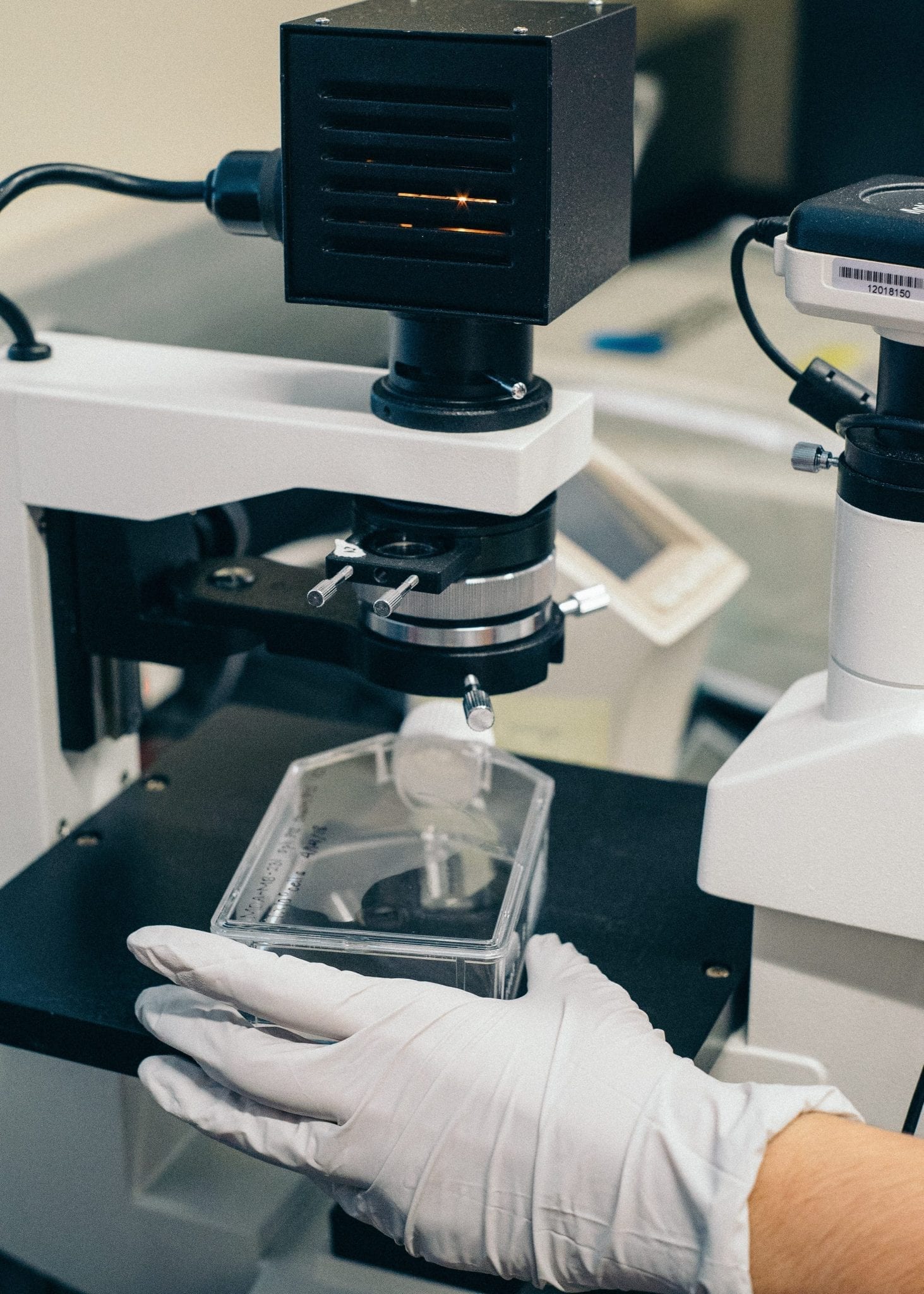Pfizer’s CEO is Offered Compensation Increase as Drug Prices Soar
Pfizer’s CEO, Ian Read, was just offered a pay increase of 61 percent, making his total reward $27.9 million. The increase comes at a time when many of the company’s drugs are also receiving price hikes. Reports indicate the board approved Read’s new compensation because they felt it was a “compelling incentive” to keep the soon-to-be 65-year-old from retiring. Doing so would guarantee Read stays with the company through at least March 2019. He will also be unable to work a competitor for a minimum of two years after that time.
Breaking down the total $27.9 compensation, the new amount includes a salary of $1.96 million, a $2.6 million bonus, $13.1 million in equity awards that are based on the firm’s financial performance and stock price, and an $8 million special equity award that will be paid out if the drug maker’s average stock return goes above 25 percent for thirty consecutive trading days before the close of 2022.
In January of this year, analysts found Pfizer increased the sticker price of 116 of its products in the short period of time between December 15, 2017, and January 3. The list price spikes ranged from 3 percent to 9.46 percent. The prices of twenty popular drugs, including Zoloft, Viagra, and Chantix, were increased by 9.44 percent. Pfizer had also increased the prices of 91 drugs by an average of twenty percent the first half of 2017.

In response to questions regarding its structure for determining cost, Pfizer said the manufacturer “takes a measured and responsible approach to pricing.” The same spokesperson added the company provides assistance programs to some patients who find it difficult to pay for their drugs. However, it’s important to note that patient discount plans usually mean insurance companies are forced to pay the difference, so there will still be noticeably higher premiums and system-wide costs as a result, anyway.
Overall, Pfizer’s return actually decreased in 2017, returning 16% as compared to 22% for the S&P 500. The company abandoned its neurological platform, which many firms have found to be quite expensive and tedious, in January 2018 in favor of those with higher, more immediate margins, and it has been planning to sell its over-the-counter (OTC) business since late 2016, which includes brands such as Chapstick, Centrum, and Advil. However, the OTC portion is still up for grabs. Cutting the neurological platform cost 300 employees their jobs, which lead to considerably unfavorable press.
Projected sales of pneumonia vaccine, Prevnar, and breast cancer drug, Ibrance, could increase profits and mean Read hits his bonus. Late last month, Pfizer Inc.’s rare-disease drug Tafamidis has also helped the company realize positive results. Tafamidis’ results “are outstanding, and the drug should own the [transthyretin] cardiac space near term,” said Stifel analyst Paul Matteis.
Tafamidis is being developed for transthyretin amyloid cardiomyopathy, which can be hereditary or develop over time with age. The condition is named after the protein transthyretin, which can break apart in the body and cause amyloid deposits in the heart, sometimes ending in heart failure. The Pfizer drug was designed to stabilize transthyretin. In the long-term, competitors are likely to develop their own versions and secure market share.
Sources:
Pfizer CEO Ian Read Gets 61% Raise to Keep Him From Considering Retirement
Pfizer stock drops 2% as positive rare-disease drug results won’t stop competitors
Pfizer CEO gets 61% pay raise—to $27.9 million—as drug prices continue to climb


Join the conversation!